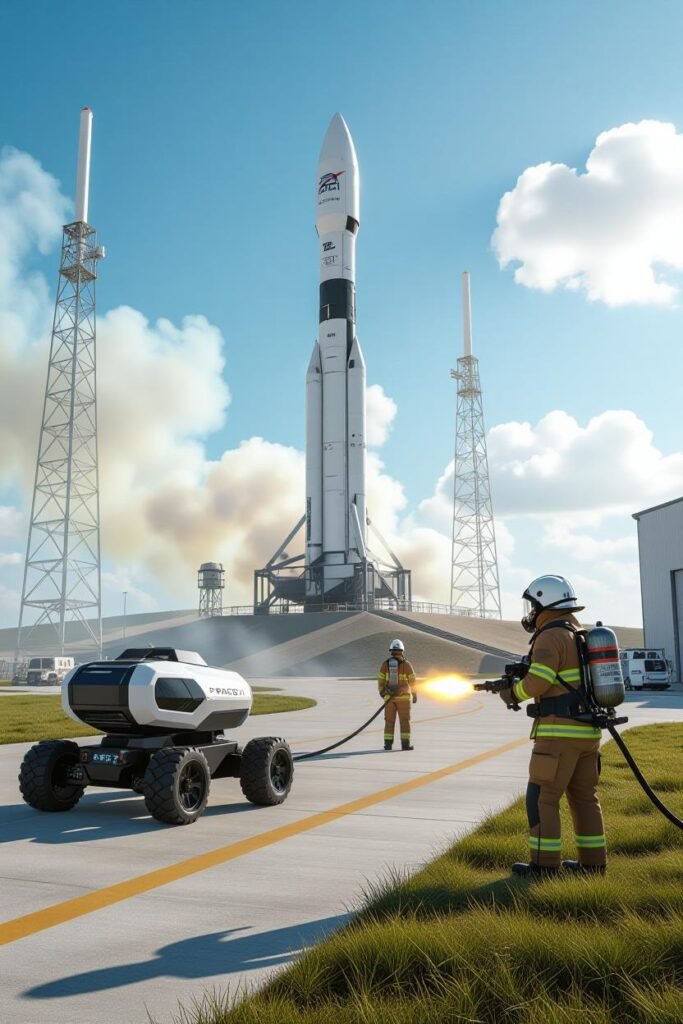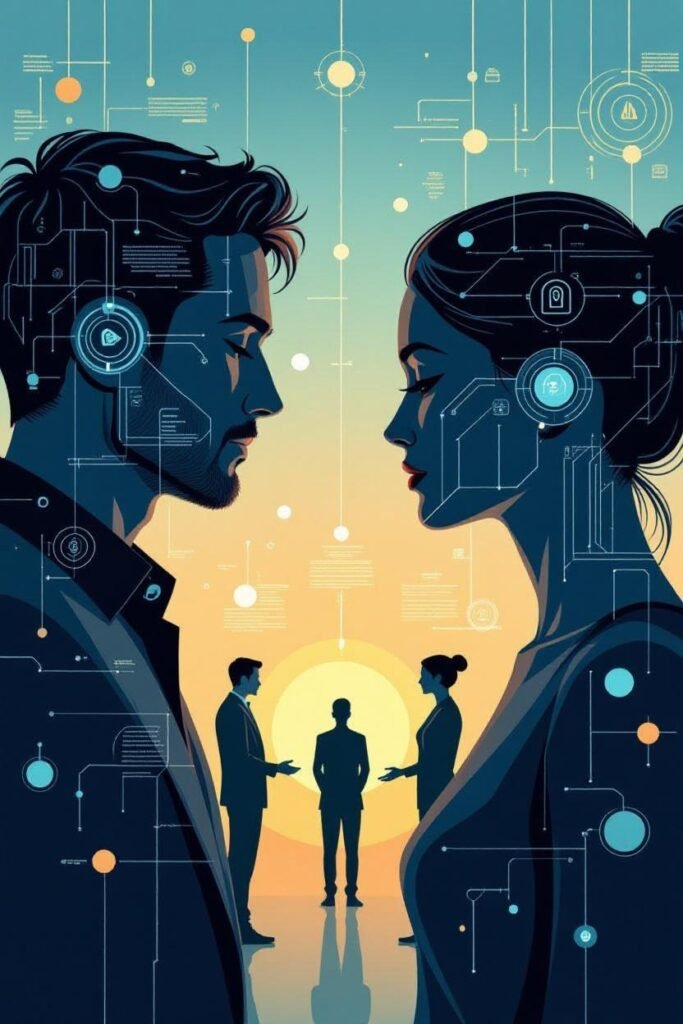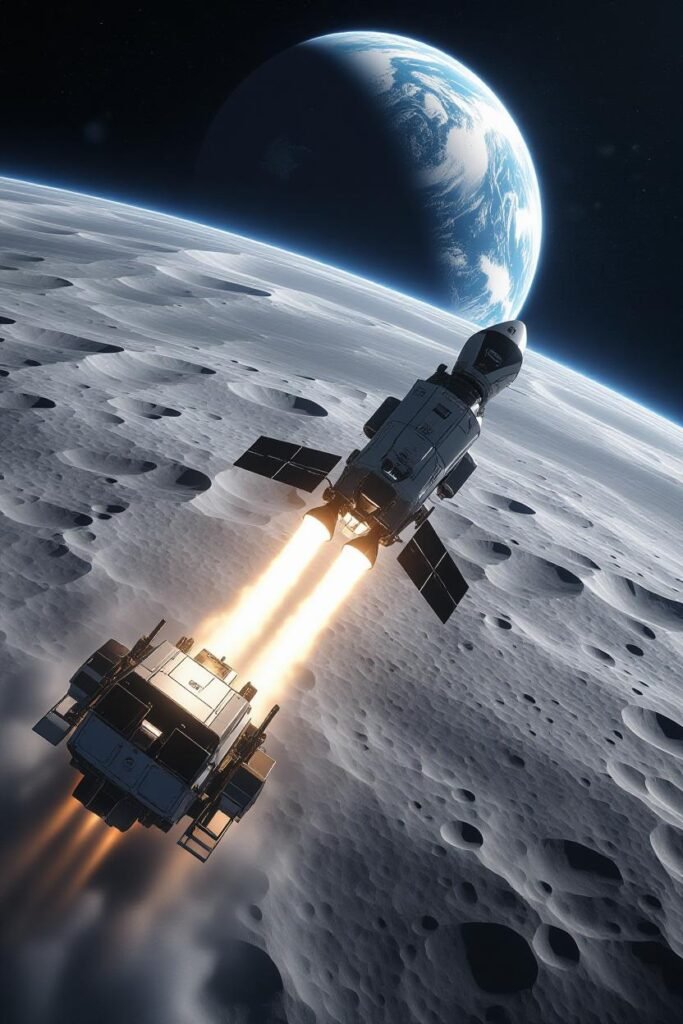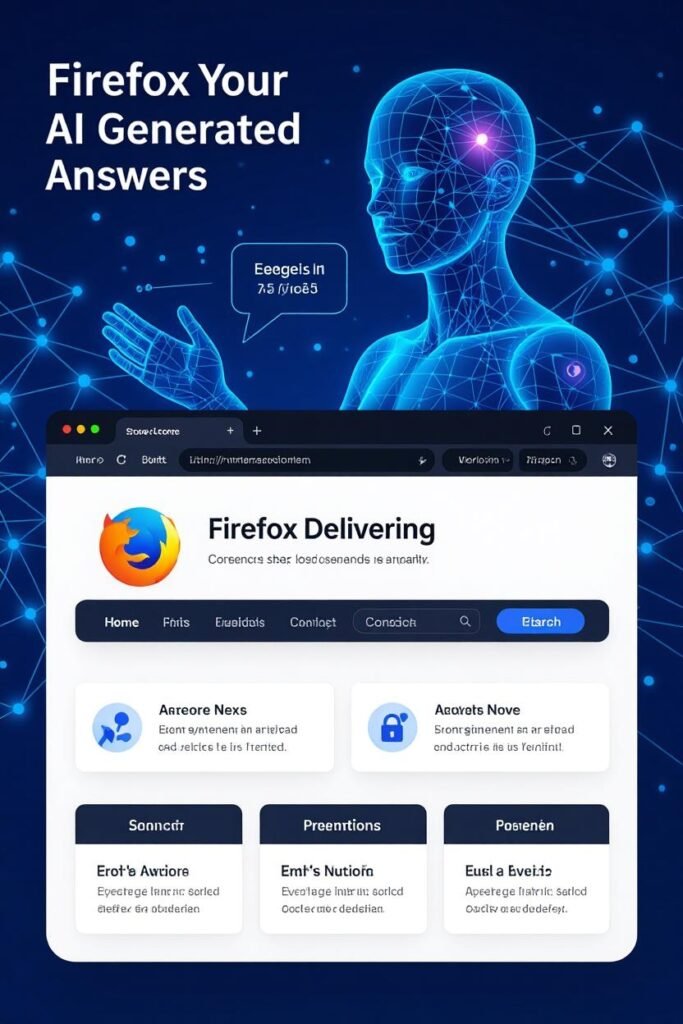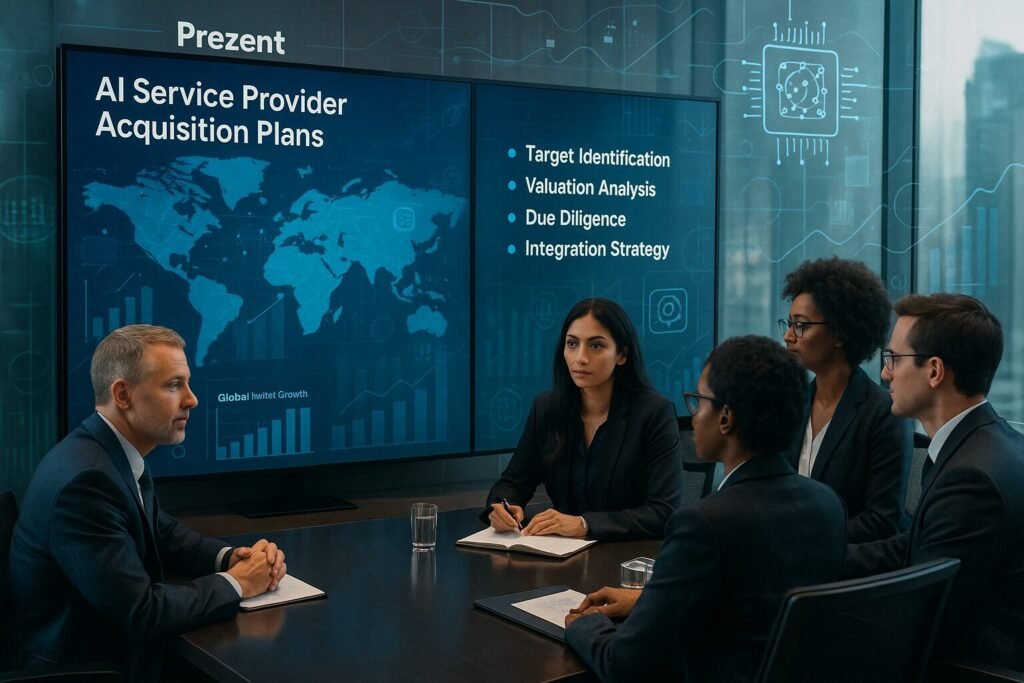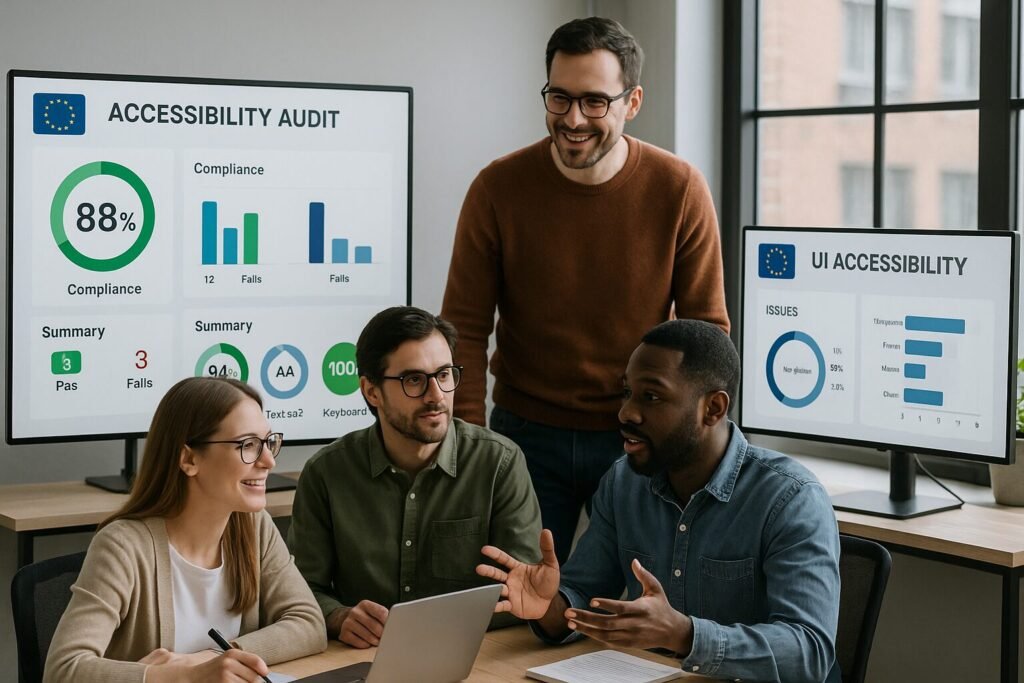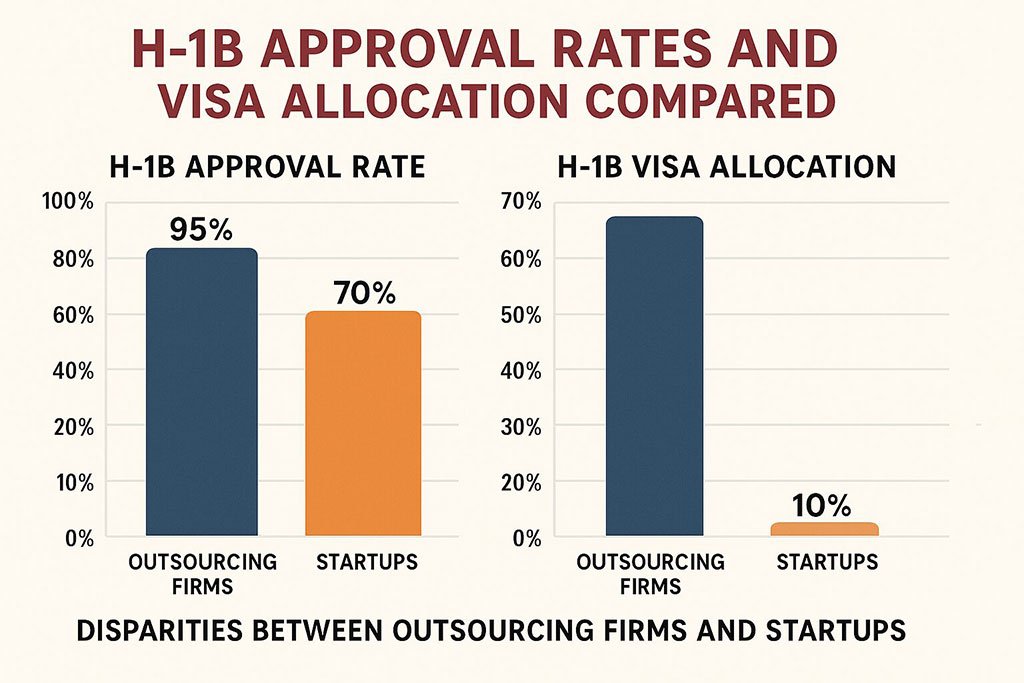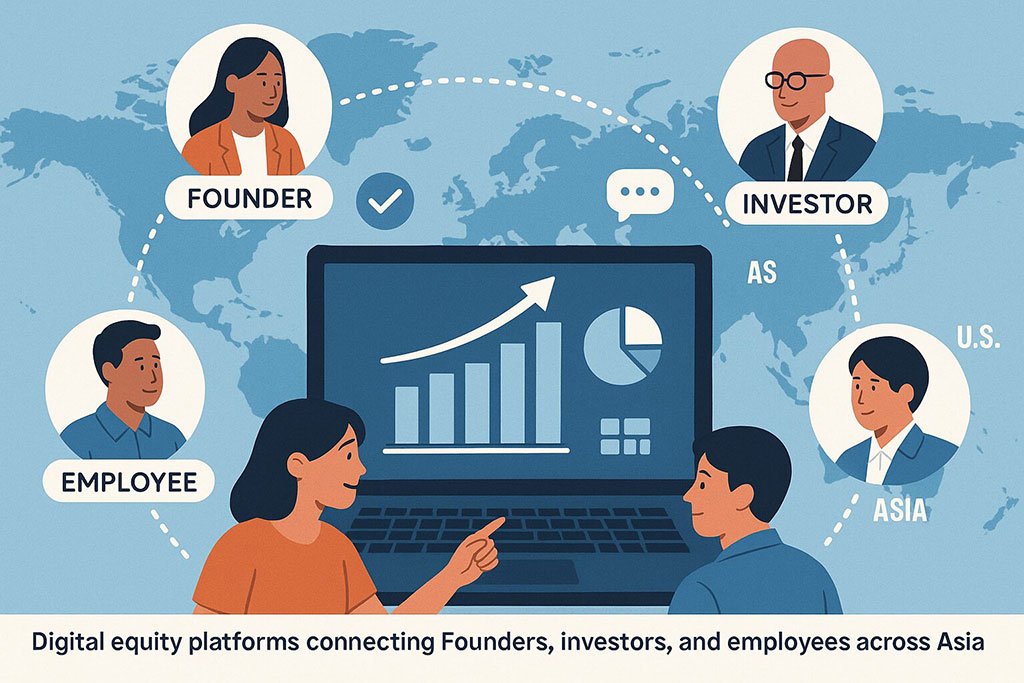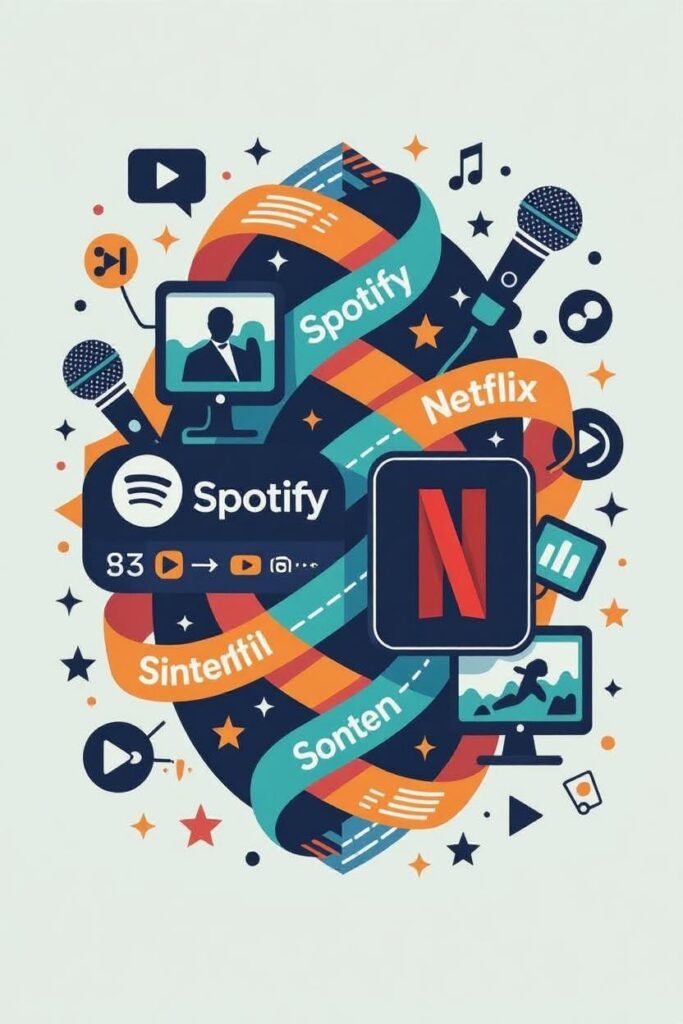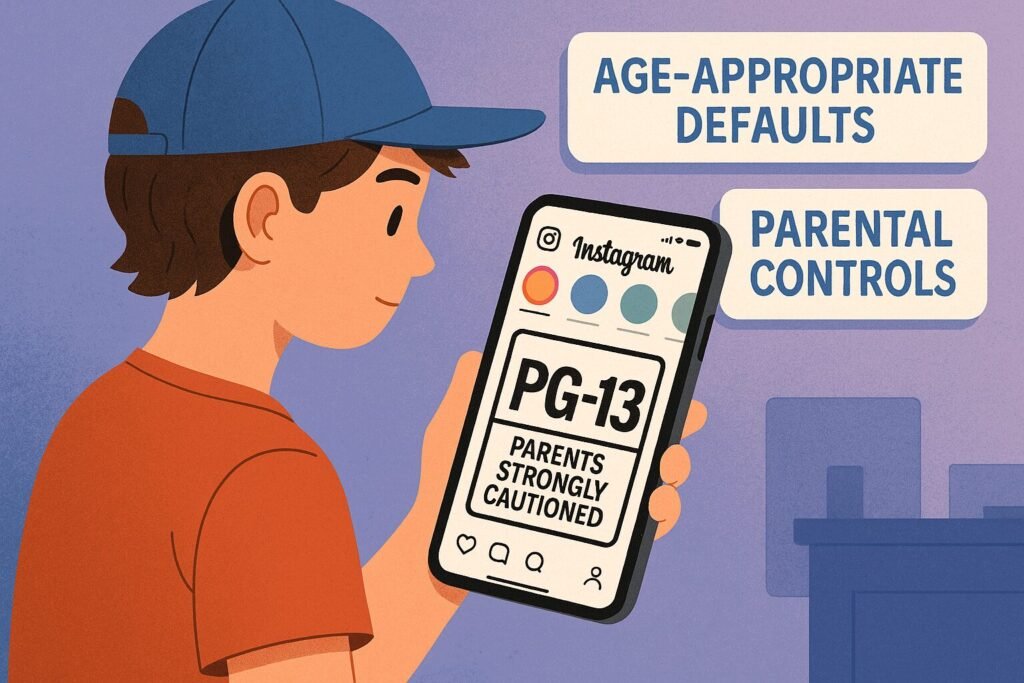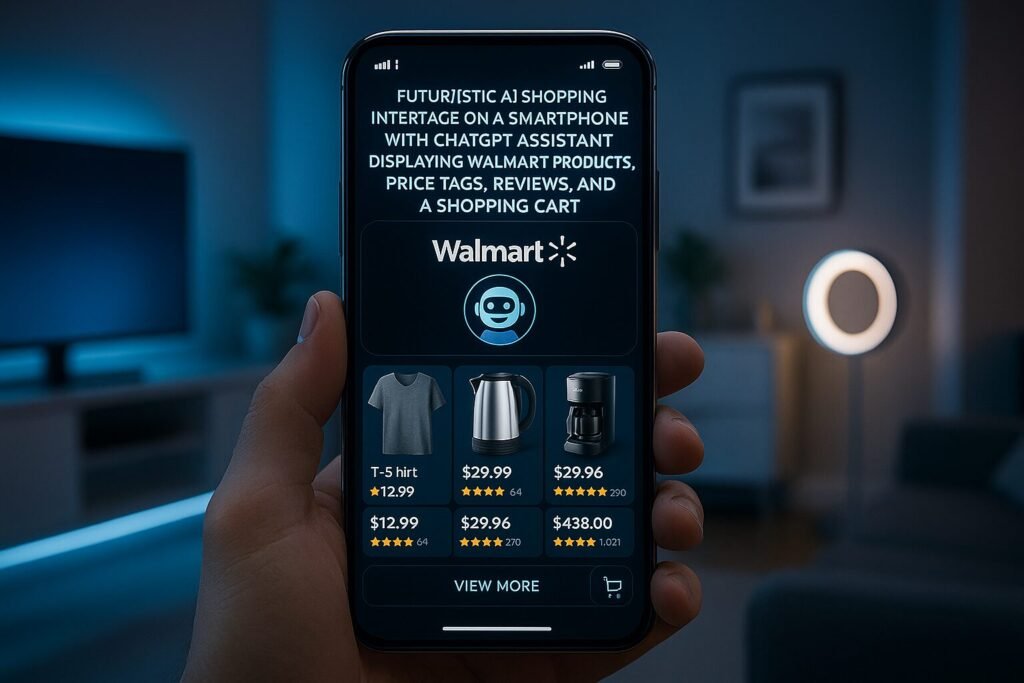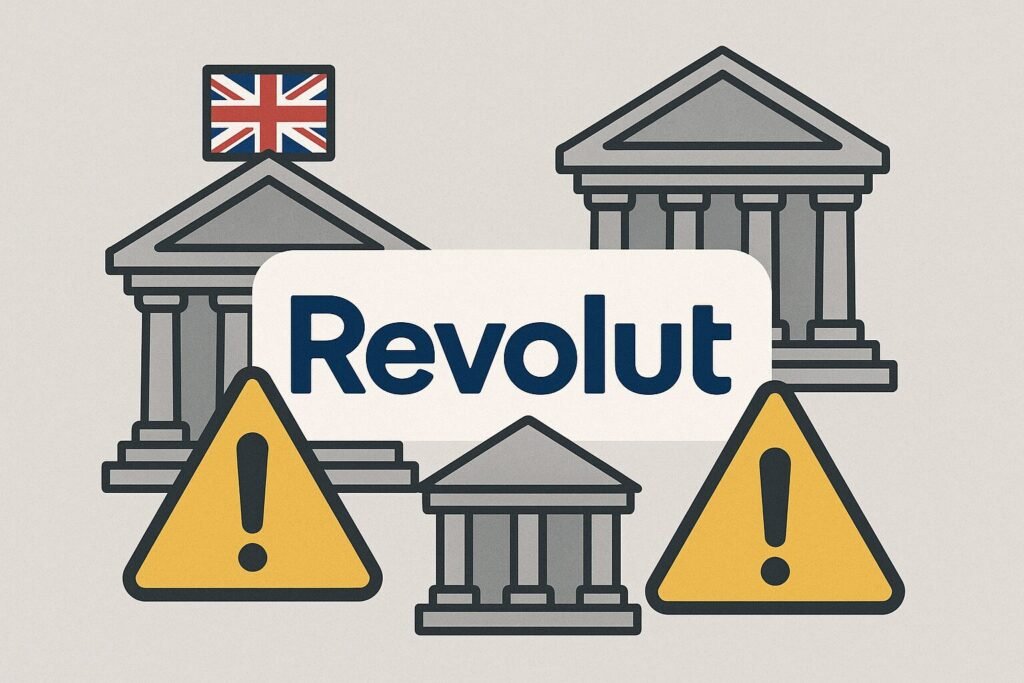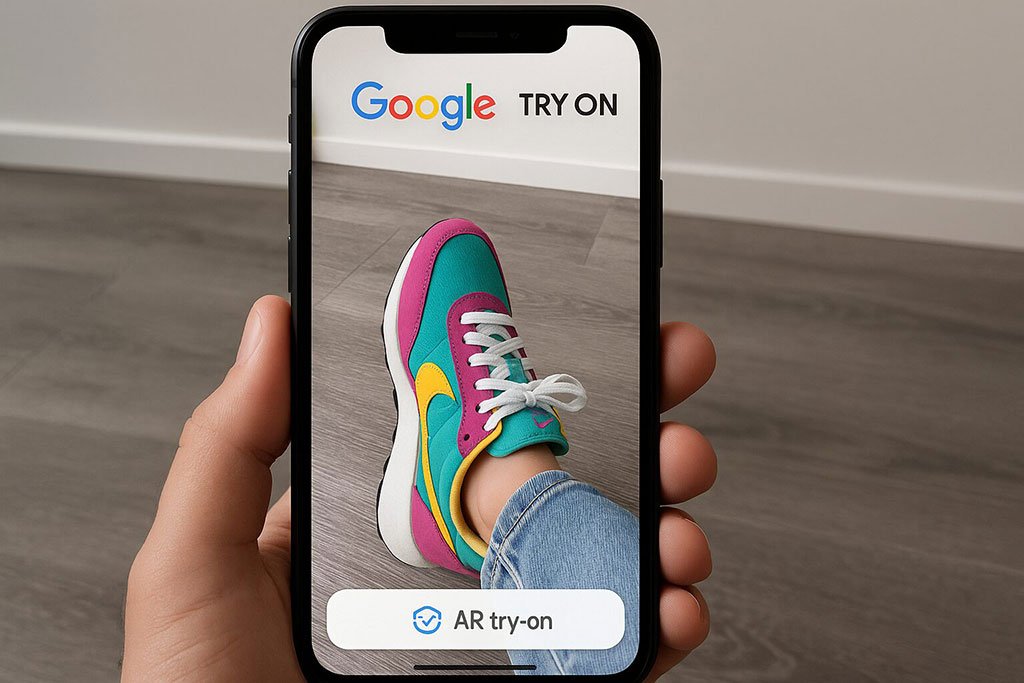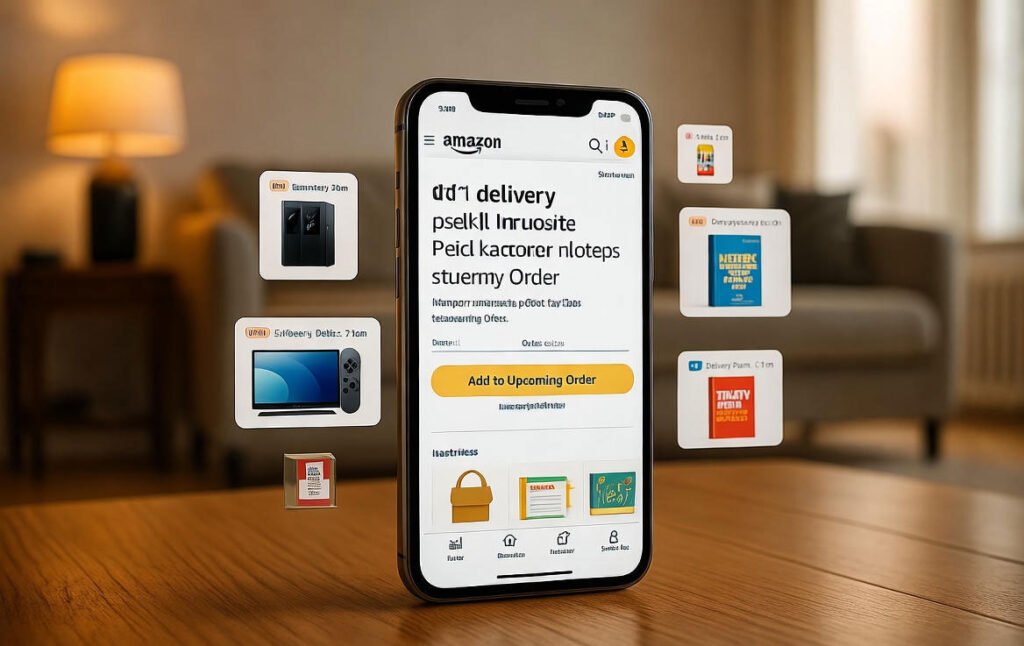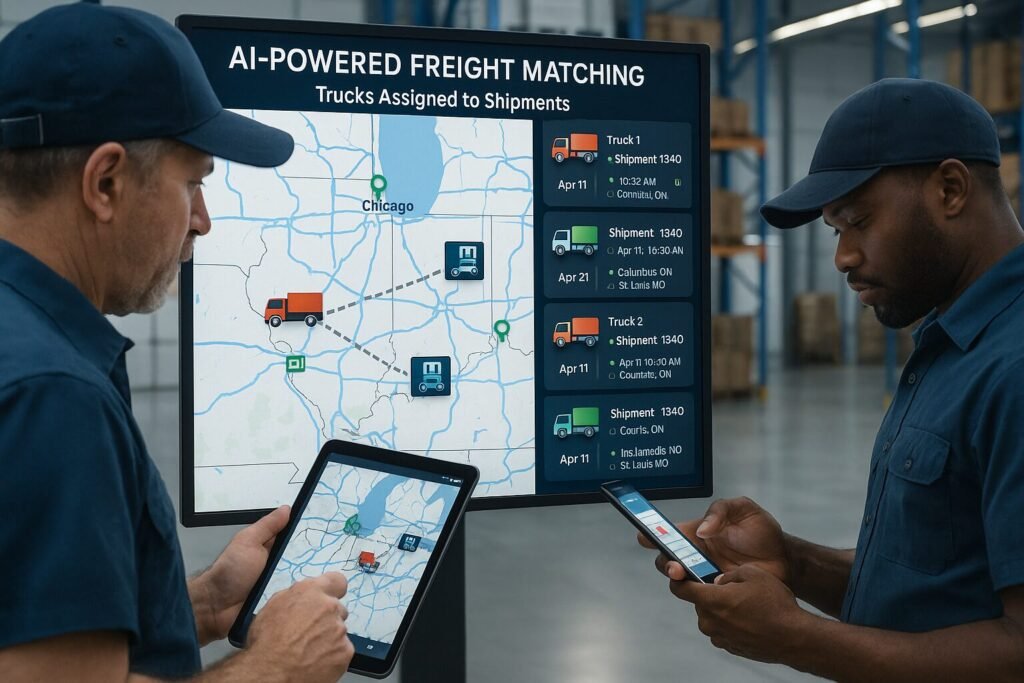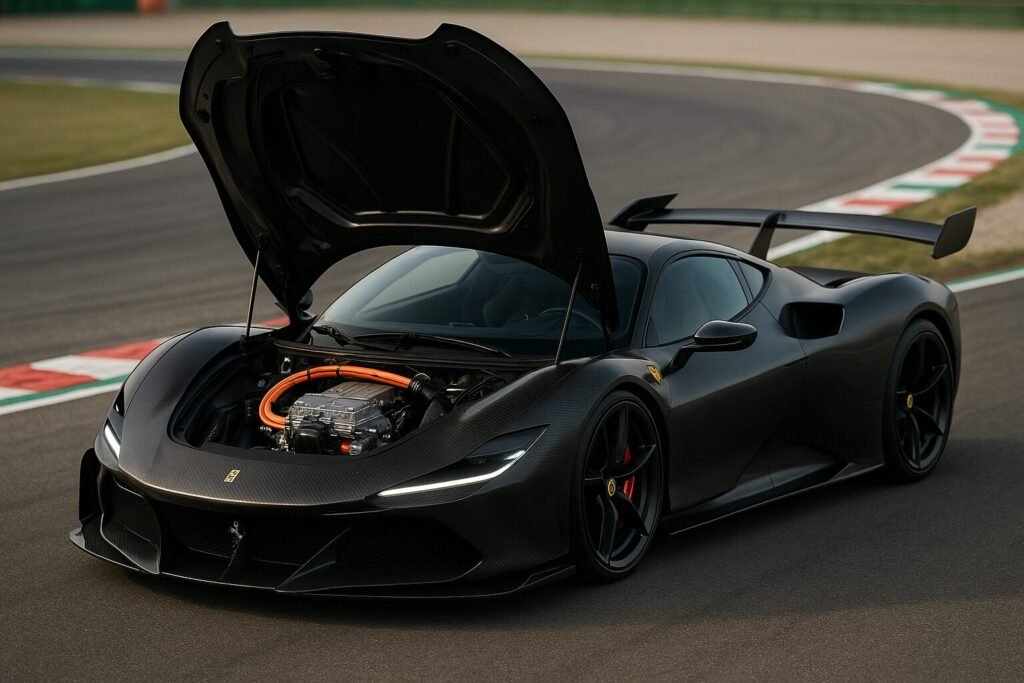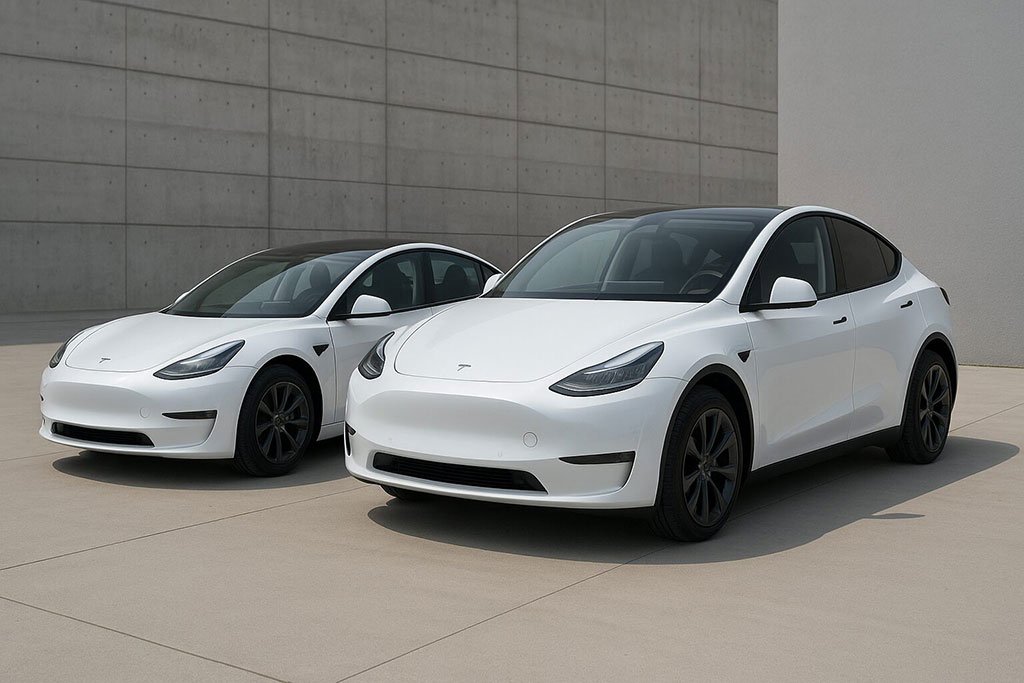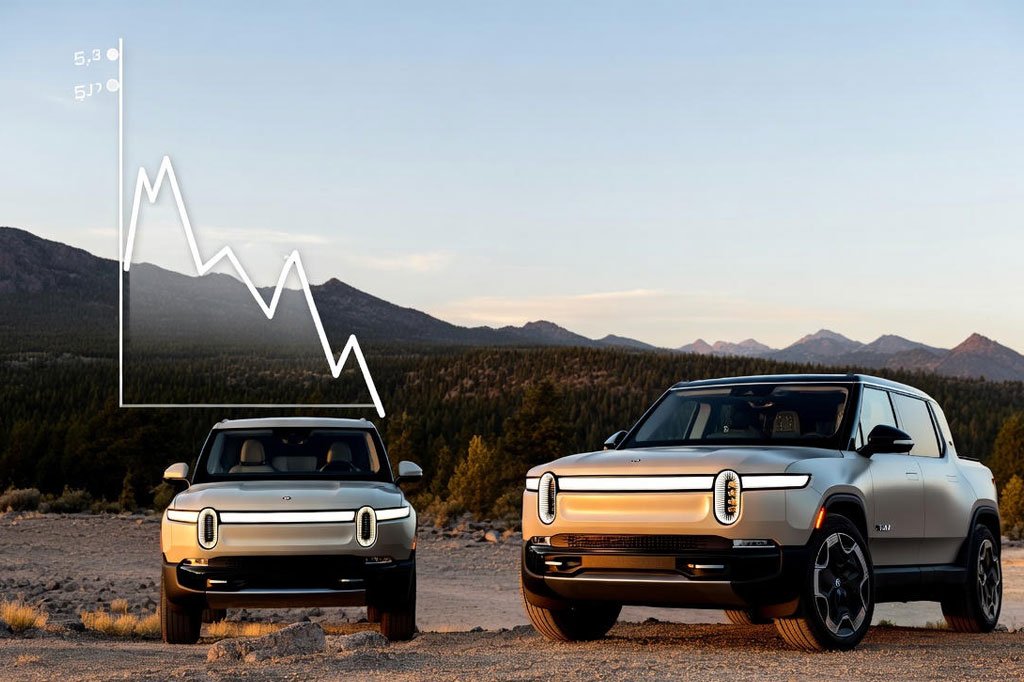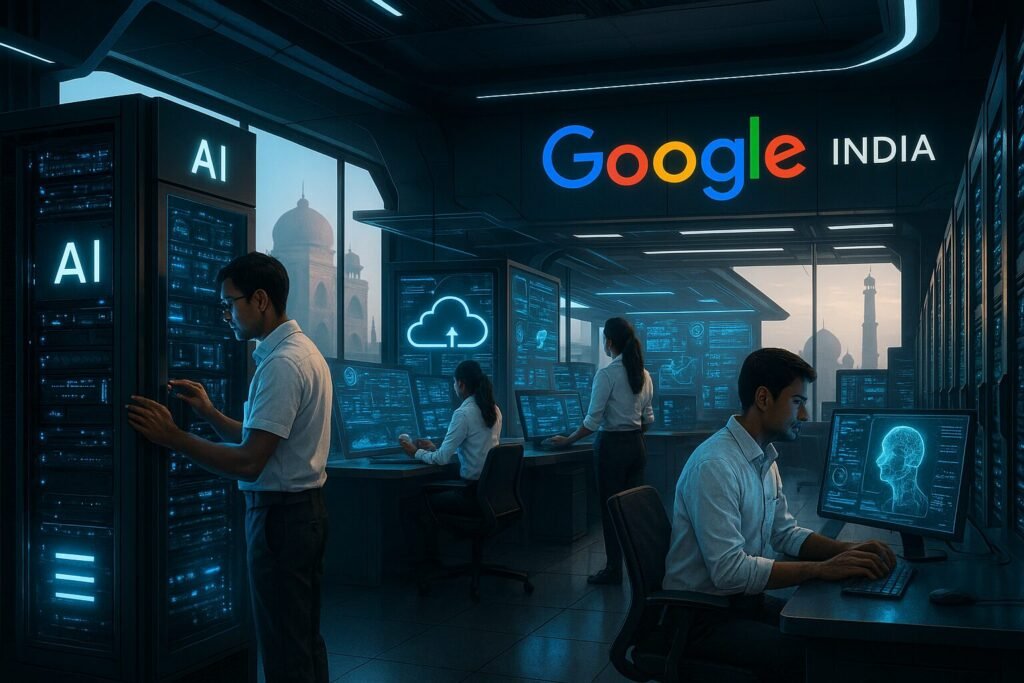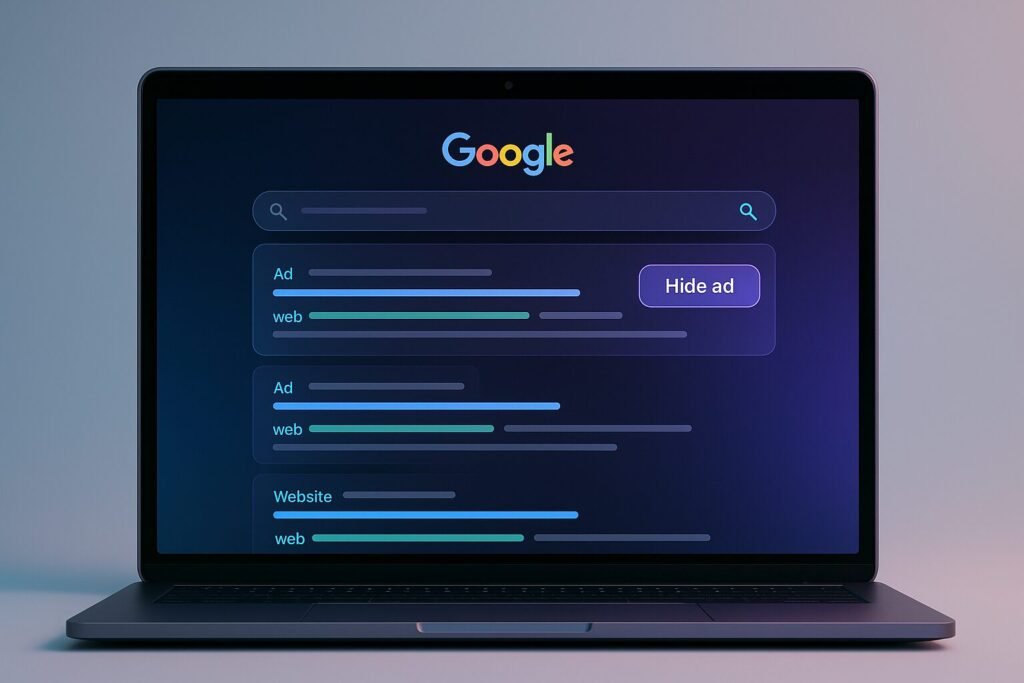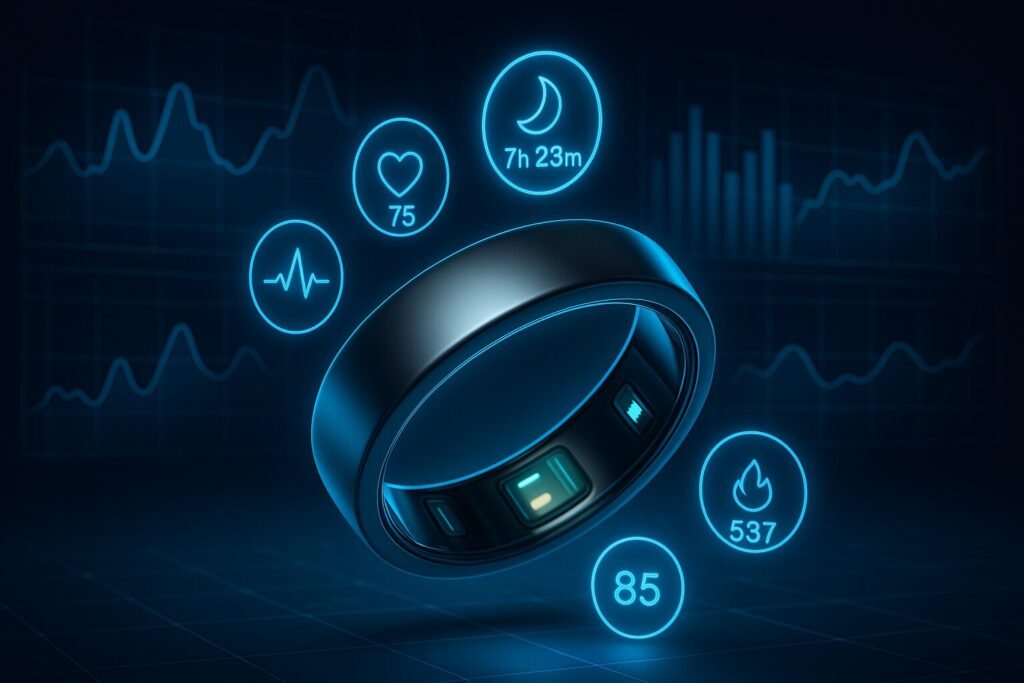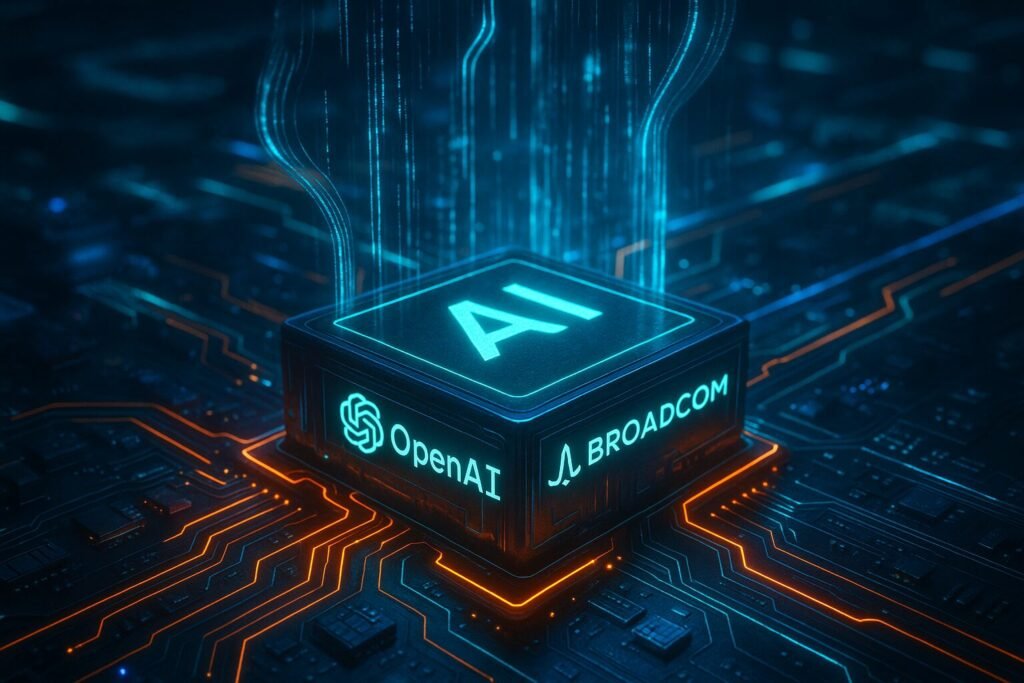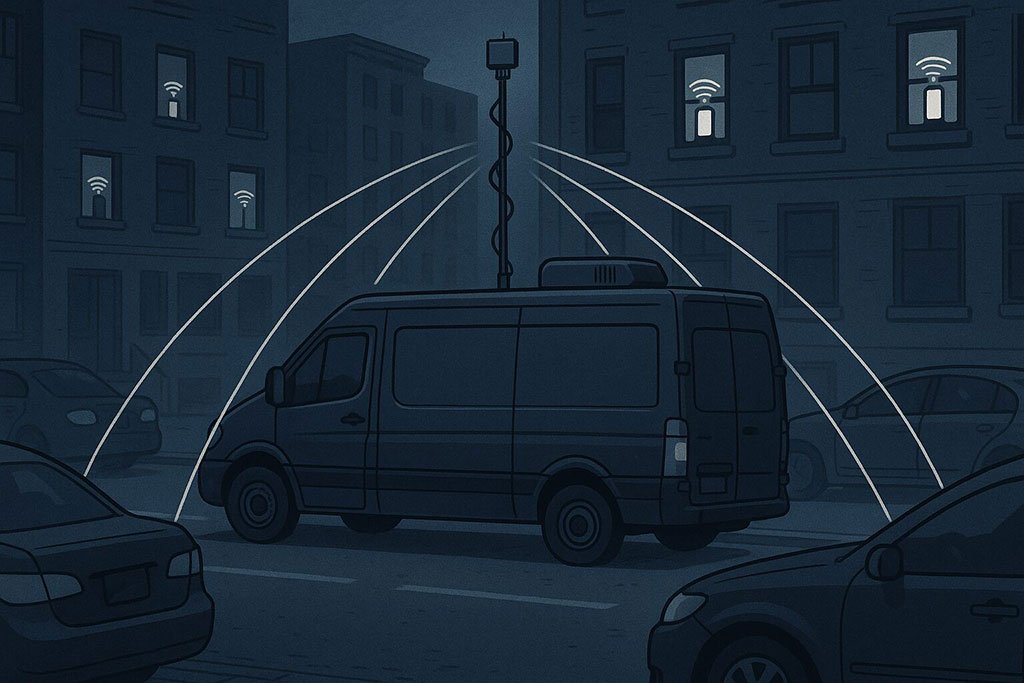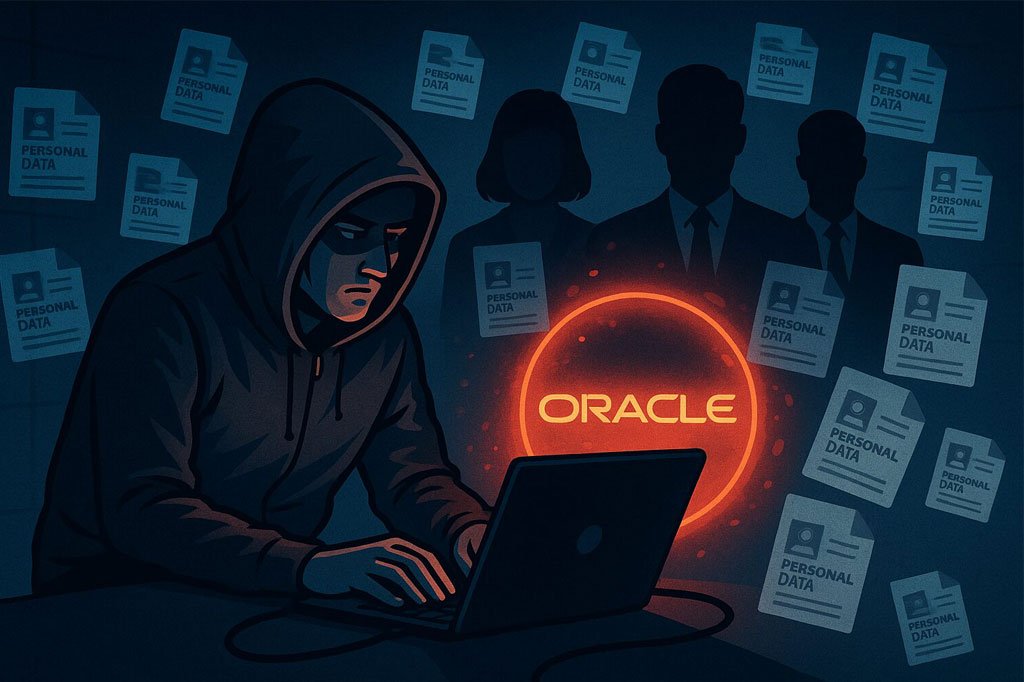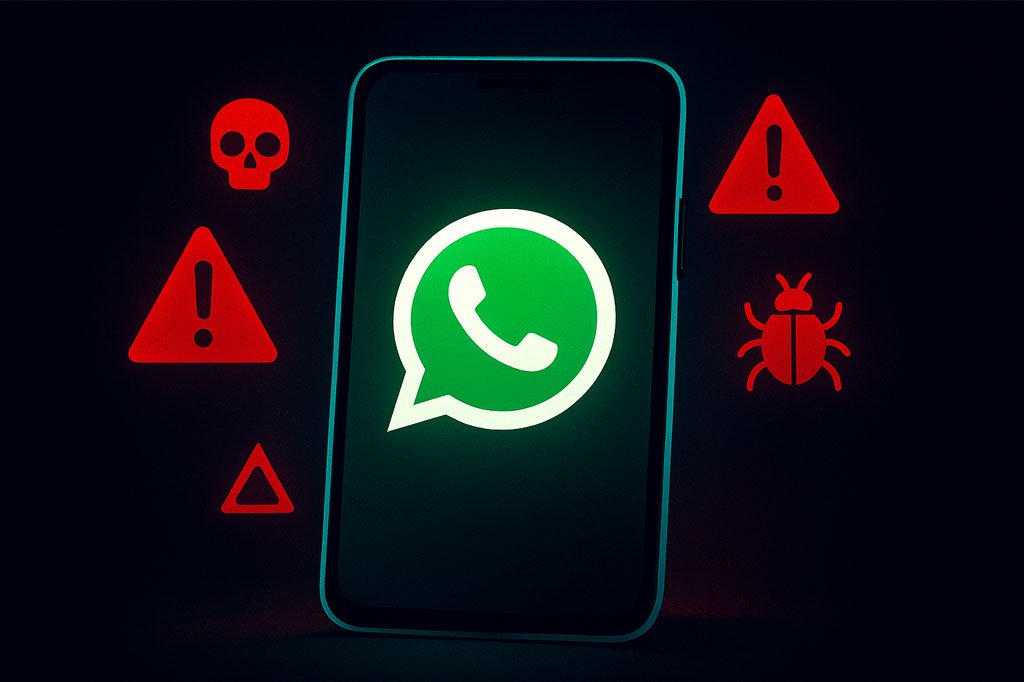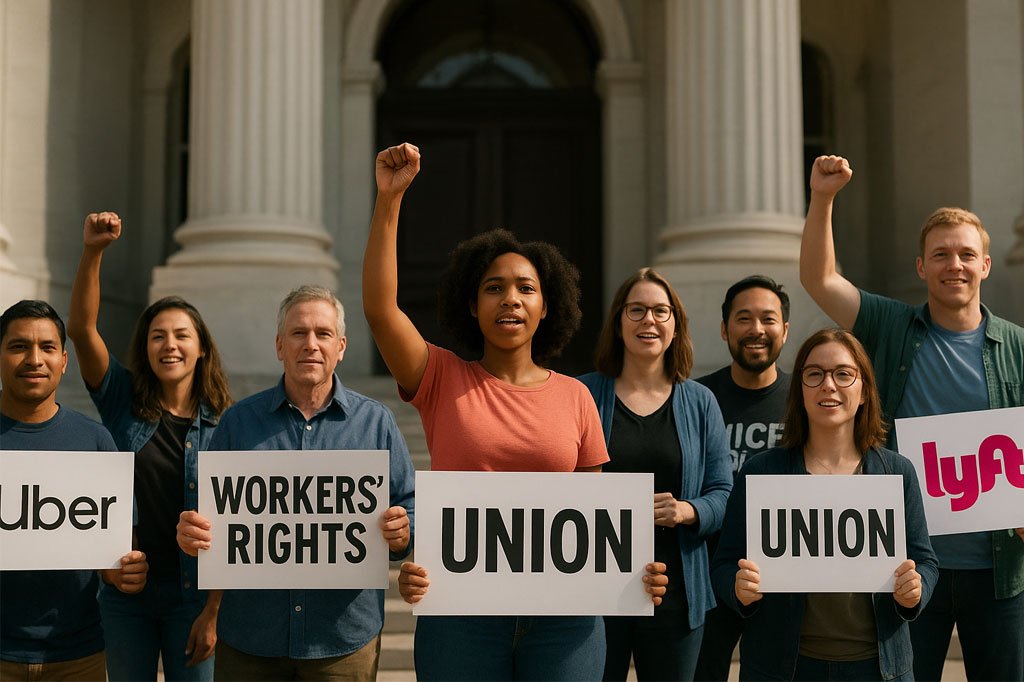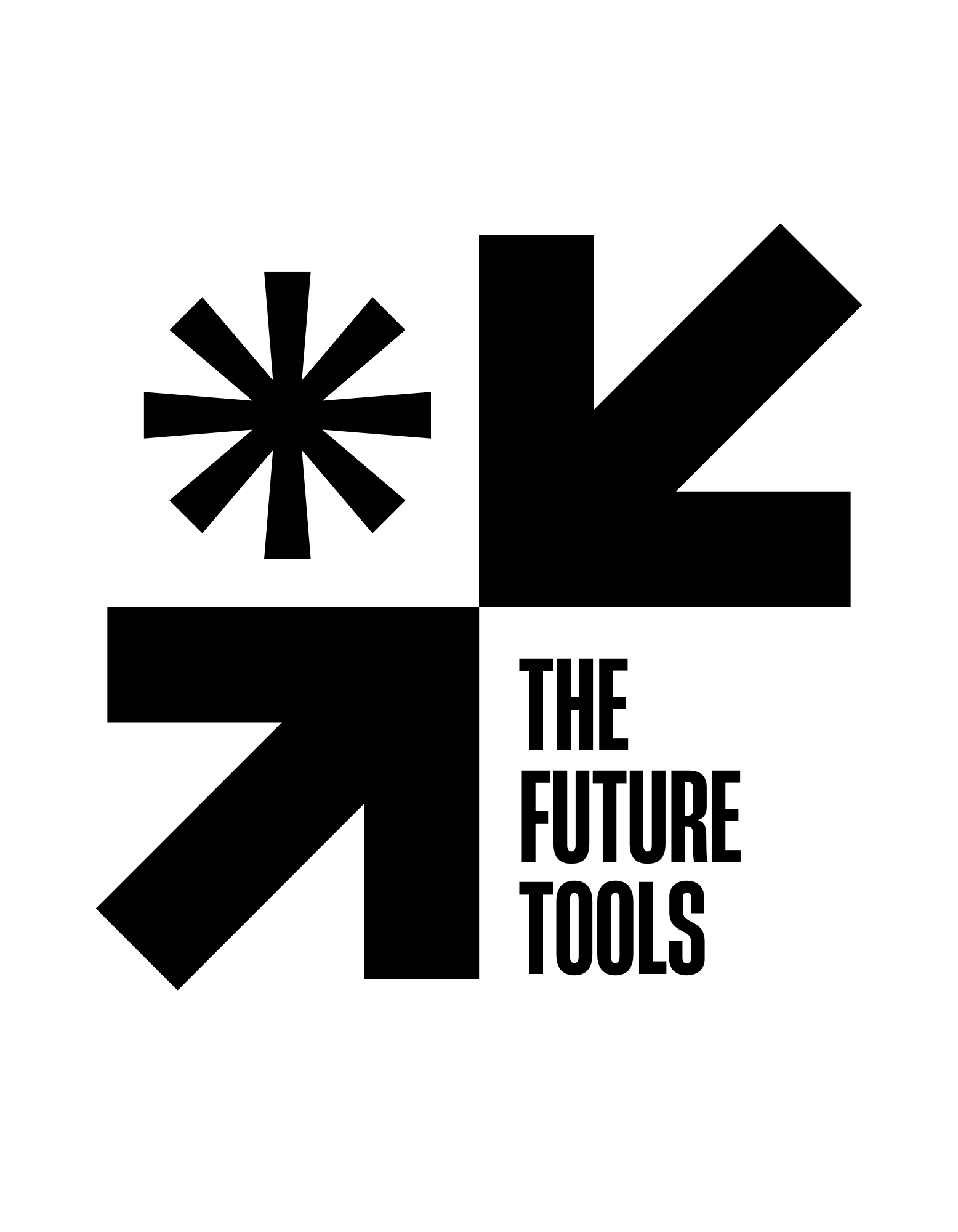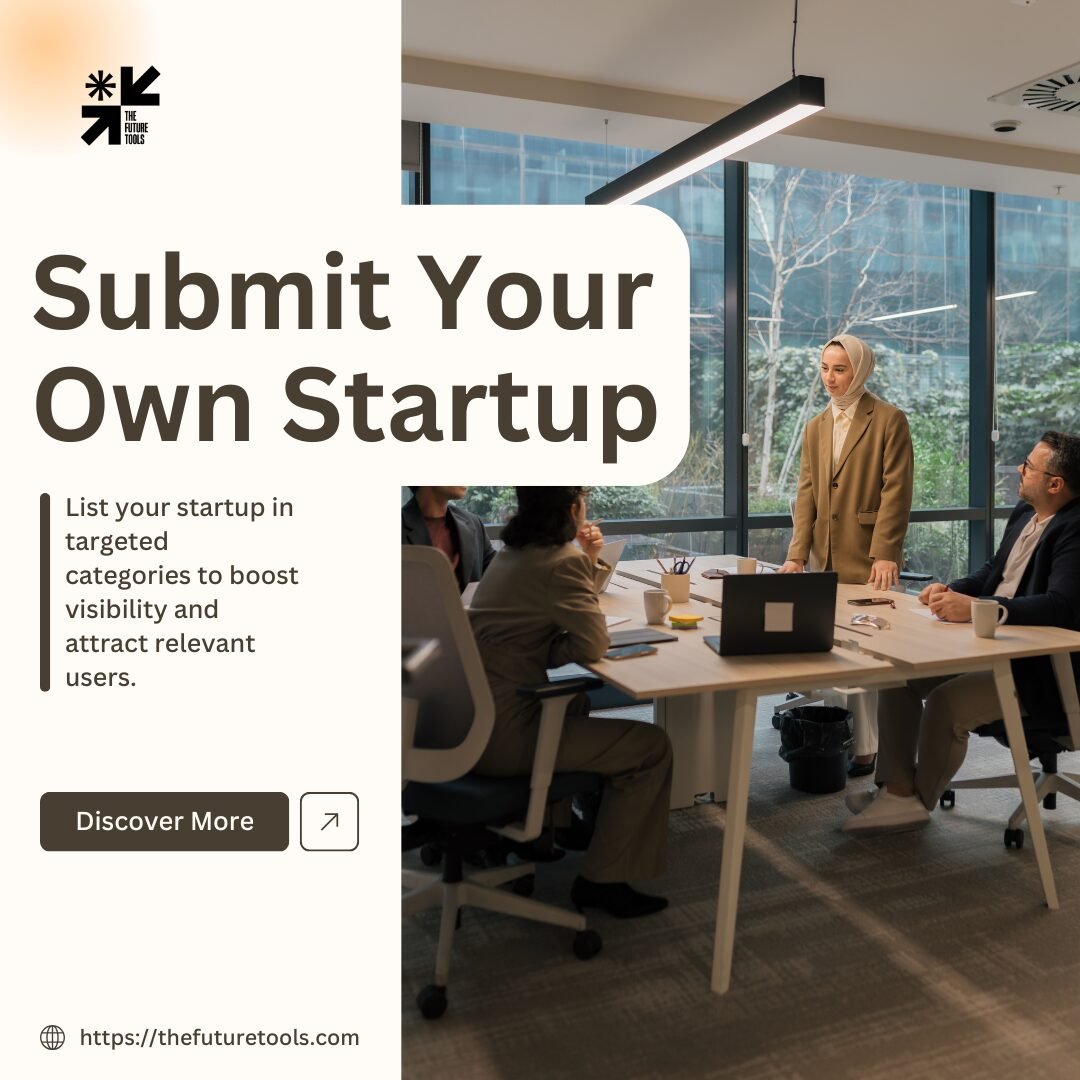Now Reading: Tesla Fights $243M Verdict in Autopilot Death Case
-
01
Tesla Fights $243M Verdict in Autopilot Death Case
Tesla Fights $243M Verdict in Autopilot Death Case
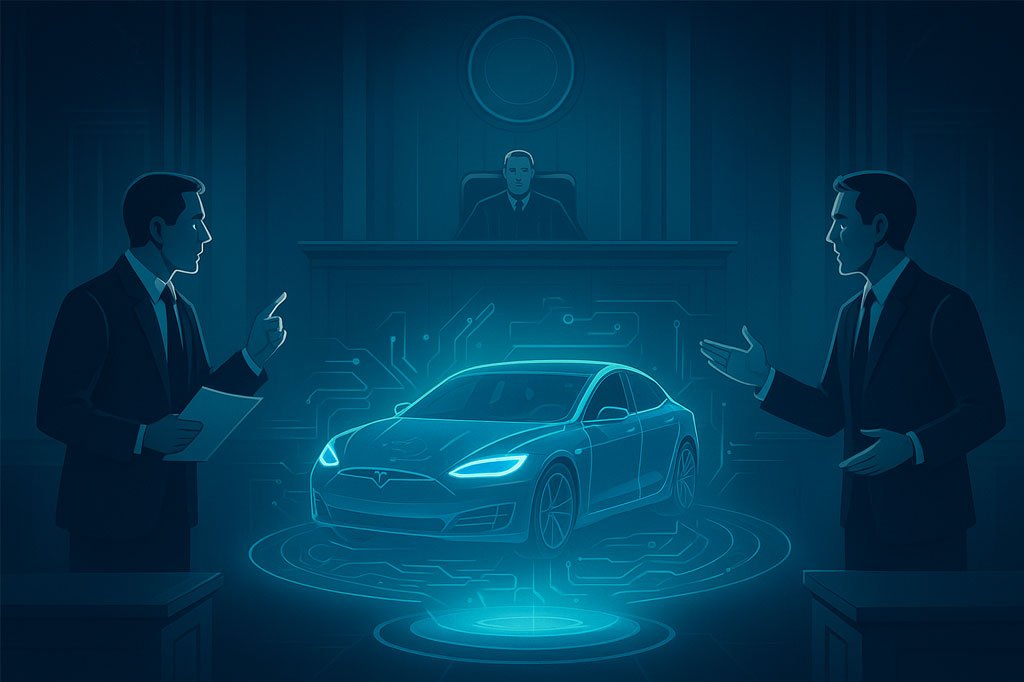
Tesla is challenging a $243 million jury verdict in a wrongful death case involving its Autopilot driver-assistance system. The lawsuit stems from a fatal crash in California, where the victim’s family claimed Tesla’s Autopilot malfunctioned, causing the accident.
In simple terms: Tesla argues that the driver was at fault, while the jury held Tesla partly responsible. The appeal could reshape how courts interpret accountability in autonomous driving technology.
What Is the Tesla Autopilot Death Trial?
Tesla’s Autopilot is an advanced driver-assistance system (ADAS), not a fully autonomous self-driving feature. It uses cameras, sensors, and AI to steer, accelerate, and brake automatically.
In this case, a Model X crash in 2018 led to the death of Apple engineer Walter Huang. His family alleged that Autopilot steered the vehicle into a highway barrier, and that Tesla knew about the flaws but failed to fix them.
The California jury awarded $243 million in damages — one of the largest verdicts against Tesla.
Why Tesla Is Appealing the Verdict
Tesla claims:
-
Driver Negligence: The driver allegedly ignored safety warnings and was playing a video game on his phone.
-
System Misuse: Tesla maintains that Autopilot requires driver supervision and is not “full self-driving.”
-
Unfair Verdict: Tesla argues that jurors misunderstood Autopilot’s limitations.
If Tesla succeeds, it could overturn or reduce the $243M penalty.
The Bigger Picture: Self-Driving Liability
This trial is not just about one accident. It raises the larger question:
Who is responsible when an AI-driven car crashes?
-
Driver? Since Tesla’s Autopilot is not fully autonomous, the company says drivers remain responsible.
-
Manufacturer? Families argue Tesla markets Autopilot as safer than it is.
-
Regulators? Governments are still catching up with laws on AI-driven vehicles.
Global Perspectives on Tesla’s Case
United States
The US has the most Tesla vehicles, and lawsuits here will set the tone. Regulators like the NHTSA (National Highway Traffic Safety Administration) are investigating multiple Autopilot-related crashes.
Europe (EU)
The EU enforces stricter driver-assist regulations. Autopilot is allowed, but Tesla must clearly label it as Level 2 automation (driver-assist, not driverless). European courts may view Tesla’s marketing claims more harshly.
India
Tesla is still working to enter the Indian market. While Autopilot is not yet available, India’s road safety crisis (150,000+ annual traffic deaths) raises questions: Will automation improve safety, or complicate it in chaotic traffic environments?
Answer Engine Optimization (Q&A Section)
❓ What is Tesla Autopilot?
Tesla Autopilot is a driver-assistance system that helps with steering, braking, and lane-keeping but requires constant driver attention.
Why did Tesla face a $243M verdict?
A jury found Tesla partly responsible for a fatal crash in 2018, ruling that its Autopilot contributed to the accident.
What is Tesla’s defense in the appeal?
Tesla argues that the driver was distracted, ignored safety warnings, and misused Autopilot.
Could this case affect Tesla worldwide?
Yes. Courts in the US and abroad may use this as a legal precedent when judging accountability for AI-assisted driving.
Is Tesla Autopilot fully autonomous?
No. Autopilot is Level 2 automation, meaning drivers must remain alert and ready to take control at all times.
FAQs
How safe is Tesla Autopilot compared to human driving?
Tesla claims Autopilot reduces accidents, but official crash data shows mixed results. Independent studies suggest it reduces driver fatigue but can lead to overreliance and distraction.
Has Tesla lost similar lawsuits before?
Yes, Tesla has faced multiple lawsuits, but this $243M verdict is the largest to date.
What happens if Tesla loses the appeal?
Tesla would have to pay the damages and may face increased regulatory scrutiny.
How do other automakers handle driver-assist liability?
Companies like Mercedes-Benz and Volvo market automation more conservatively, clearly distinguishing driver-assist from self-driving.
Could this verdict delay self-driving car adoption?
Yes, legal uncertainty may slow down both consumer adoption and government approvals of autonomous cars.
Stay updated on AI and auto industry legal battles by subscribing to our newsletter.
Join the conversation: Do you think Tesla or the driver should be held responsible? Share your thoughts below.

